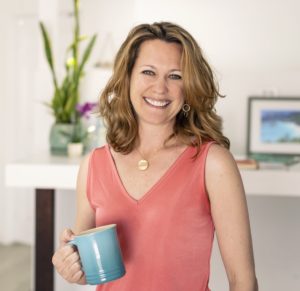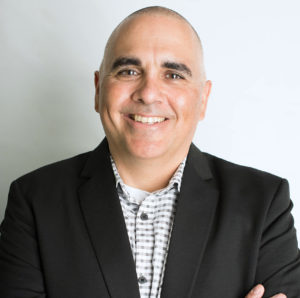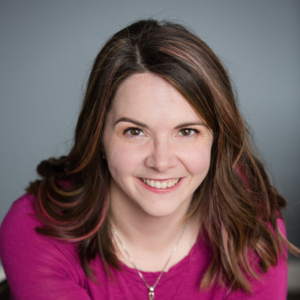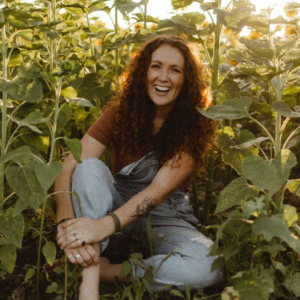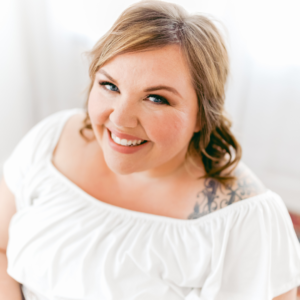I'm so excited to introduce you to this week's guest on Pep Talks for Side Hustlers, Jay Clouse of Freelancing School!
After deciding to build his own way, Jay has taken what he knows about building products, companies, and product companies and applied it to creative businesses. Jay is the founder of Unreal Collective, a community of creators. Whether they are technology founders, freelancers, agency owners, or podcast creators, Unreal helps them determine critical next steps and achieve them.
Jay has worked with over 100 creatives and freelancers through Unreal. His clients have built launch sites for space flight, had multi-million dollar exits, six-figure crowdfunding campaigns, left their jobs to go full-time freelance, and bootstrapped technology companies!
Push play to listen to this week's episode, or read the full transcript below!

